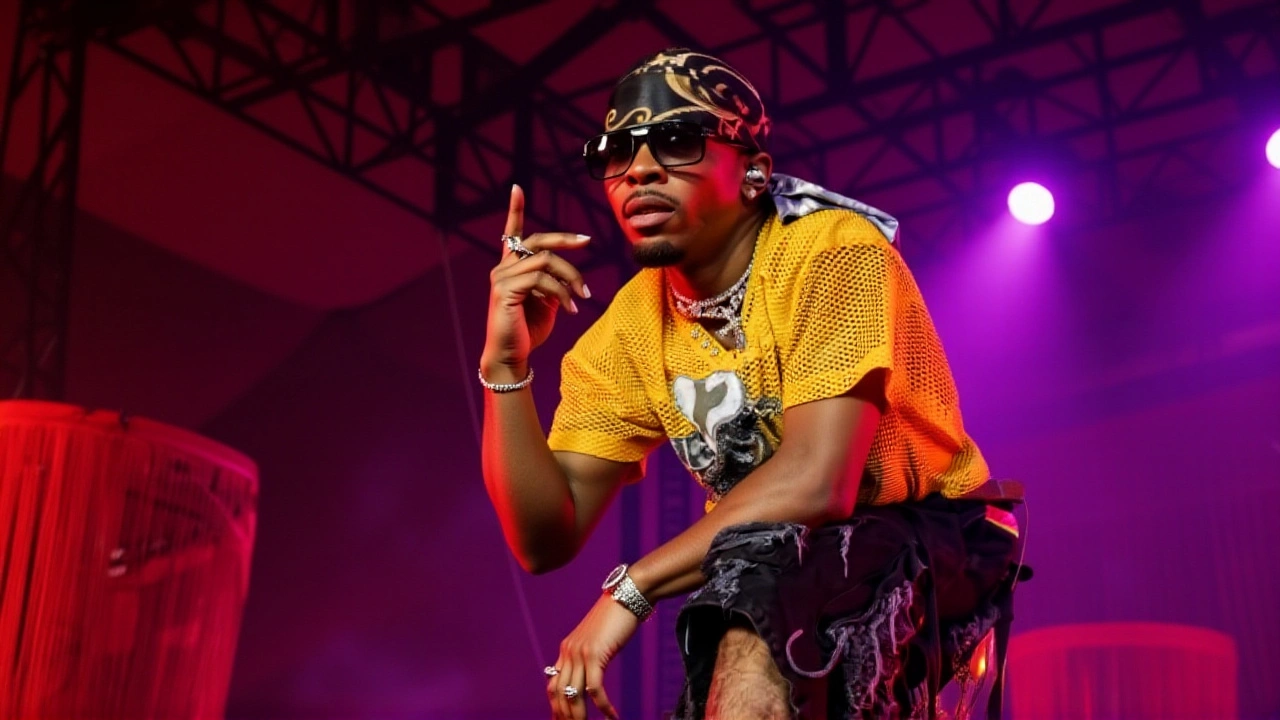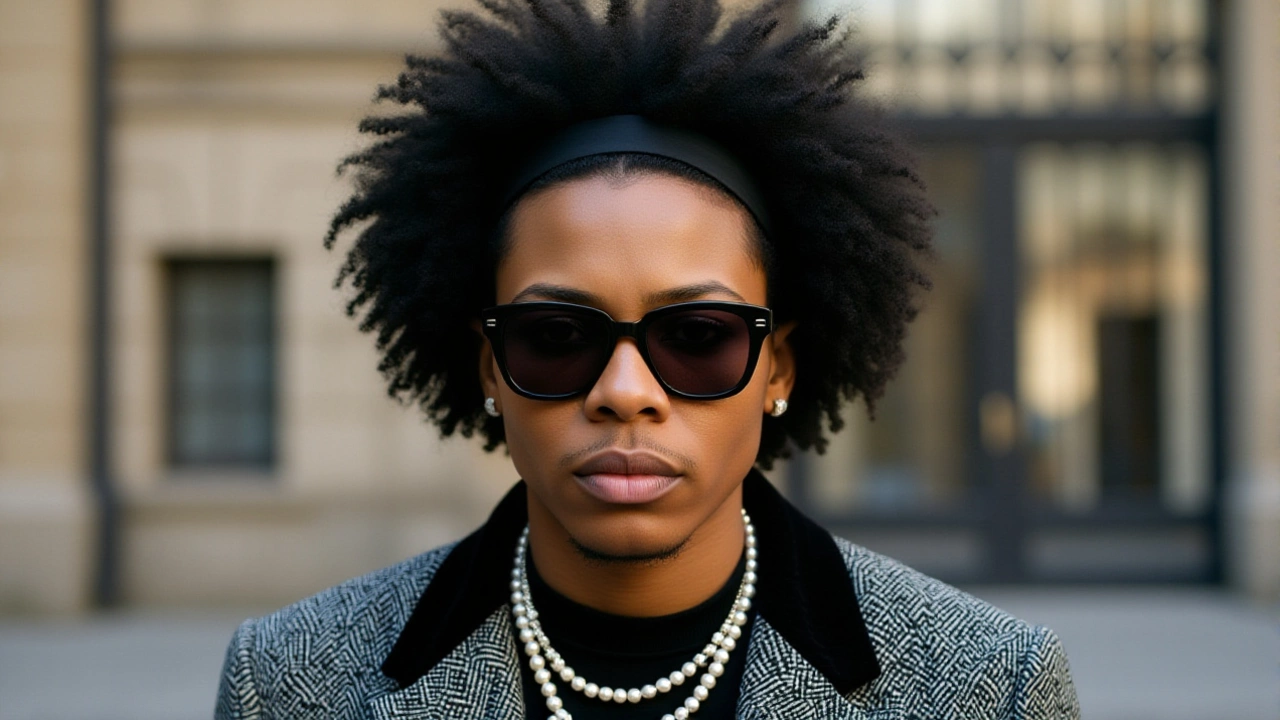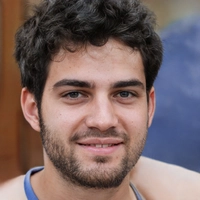When the stench of decay drew neighbors to call 911 in Hollywood last September, no one imagined they’d be leading police to the dismembered remains of a 15-year-old girl—and eventually, to a rising pop star.
The Discovery That Shook Hollywood
On September 8, 2025, a vehicle parked near a quiet residential street in Hollywood, Los Angeles, became the grim centerpiece of a homicide investigation. Inside its trunk, wrapped in a heavy plastic bag, lay the decomposed body of Celeste Rivas Hernandez. She had been missing since 2024. The LAPD, headquartered at 100 West 1st Street, Los Angeles, was called after residents reported a persistent, unbearable odor that had lingered for days. What they found wasn’t just a body—it was evidence of extreme violence. Her remains were dismembered, suggesting premeditation and a chilling effort to conceal the crime.
Days later, investigators traced the car’s ownership records to a rental agreement linked to d4vd, the stage name of 20-year-old singer David, who lived in the same neighborhood. The connection wasn’t immediately public, but internal LAPD briefings flagged d4vd as a person of interest. By November 19, 2025, Entertainment Tonight confirmed he was now an official suspect.
Why the Case Hasn’t Been Closed
Despite the grim evidence, no arrest has been made. Why? Because the Los Angeles Police Department still doesn’t know how Celeste died.
“The key to an arrest may come once authorities determine how Celeste died,” an LAPD source told KBC, an unidentified news outlet referenced in ET’s report. “Months after her body was found, authorities still haven’t been able to determine what happened—or even if she was killed.”
That’s not just bureaucratic delay. It’s a forensic wall. The body’s advanced state of decomposition—likely from being stored for five to six months after death, possibly in spring 2025—has destroyed critical evidence. Toxicology reports are inconclusive. There’s no clear trauma signature. Autopsy photos show signs of blunt force, but no definitive cause. Without that, prosecutors can’t meet the burden of proof for murder.
The Laptop, The Silence, and the Accomplice Theory
On a rainy afternoon in late October, LAPD detectives executed a search warrant at d4vd’s rented Hollywood home. They walked out with a laptop—now central to the case. Forensic analysts are combing through files, browser history, encrypted chats, and deleted photos. Did he communicate with Celeste before she vanished? Was there a pattern of control? Was someone else involved?
Investigators believe d4vd didn’t act alone. “We think he had help disposing of her body,” said one source familiar with the case. That’s not speculation—it’s based on blood spatter patterns found outside the vehicle and witness statements placing another person near the car around the time of the body’s placement.
And then there’s the silence. Despite repeated requests from Entertainment Tonight, d4vd and his legal team have not responded. No statement. No denial. No apology. In a world where celebrities rush to Twitter to clear their names, this quiet is deafening.

Who Was Celeste Rivas Hernandez?
Celeste was a quiet teenager from a working-class family in Southeast Los Angeles. She liked anime, wrote poetry in a notebook she carried everywhere, and had recently started taking online art classes. She vanished in early 2024. No one reported her missing until months later—details remain unclear. Her family, who have not spoken publicly, were reportedly devastated when notified of the discovery.
She wasn’t a social media star. She wasn’t famous. But now, her name is everywhere.
What This Means for d4vd’s Career—and the Music Industry
d4vd, born in 2005, rose to fame on TikTok and SoundCloud with moody, emotionally raw pop songs like “I’m Not Okay” and “Cry for Me.” His music, often about loneliness and mental health, resonated with Gen Z listeners. He signed with a major indie label in 2023 and was scheduled to open for a national tour in early 2026.
Now, his streaming numbers have plummeted. Spotify removed his music from curated playlists. His Instagram, once filled with studio selfies and tour updates, is now a ghost account. His label has issued no comment. But behind the scenes, executives are scrambling. Contracts are being reviewed. Licensing deals are on hold.
This isn’t just about one artist. It’s a chilling reminder of how easily a public persona can mask something far darker—and how quickly fame can unravel when the truth surfaces.

What’s Next?
The LAPD says they’re waiting on two things: the forensic report from the laptop and the final autopsy findings. Both could take months. If the laptop contains messages linking d4vd to Celeste’s last known movements—or evidence of an accomplice—charges could come quickly. If not, the case could stall indefinitely.
Meanwhile, community advocates are pushing for a public memorial for Celeste. A petition on Change.org has gathered over 80,000 signatures. “She was more than a headline,” reads one post. “She was someone’s daughter. Someone’s friend. Someone who deserved to be seen.”
Frequently Asked Questions
Why hasn’t d4vd been arrested yet?
Authorities haven’t made an arrest because they still lack a confirmed cause of death. Without knowing whether Celeste was murdered, poisoned, or died by accident, prosecutors can’t meet the legal standard for homicide charges. The LAPD is waiting on forensic results from the seized laptop and final autopsy findings, which may take months.
Who is KBC, and why is it mentioned in the report?
KBC is an unidentified news organization referenced by Entertainment Tonight as a source of LAPD information. Its full name, location, and credibility are not verified in any public record. Its mention suggests LAPD officials leaked details to multiple outlets, possibly to pressure d4vd into cooperating or to gauge public reaction.
Could d4vd’s music be used as evidence?
Possibly. Investigators are analyzing lyrics, voice memos, and unreleased tracks stored on the seized laptop for hidden references to Celeste or the events surrounding her disappearance. While art isn’t proof, courts have accepted song lyrics as circumstantial evidence in past cases—especially when they match known facts.
What happens if d4vd never speaks up?
Silence doesn’t mean innocence—but it also doesn’t guarantee guilt. Prosecutors can still build a case using digital evidence, forensic findings, and witness testimony. However, without a confession or cooperation, the case becomes harder to prove beyond a reasonable doubt. His legal team may be advising him to stay quiet until they review all evidence.
Is there a chance Celeste’s death wasn’t murder?
It’s possible, though unlikely given the dismemberment and concealment. The LAPD hasn’t ruled out accidental death followed by intentional cover-up, such as a drug overdose or suicide. But the level of effort to hide the body—along with the suspected involvement of others—makes homicide the most plausible scenario investigators are pursuing.
What’s being done for Celeste’s family?
The LAPD’s Victim Services Unit is providing counseling and legal support, but the family has chosen not to speak publicly. A private memorial is planned in Southeast Los Angeles, and a nonprofit has been established in Celeste’s name to fund art programs for at-risk teens. Her story has become a rallying cry for missing youth advocacy.






